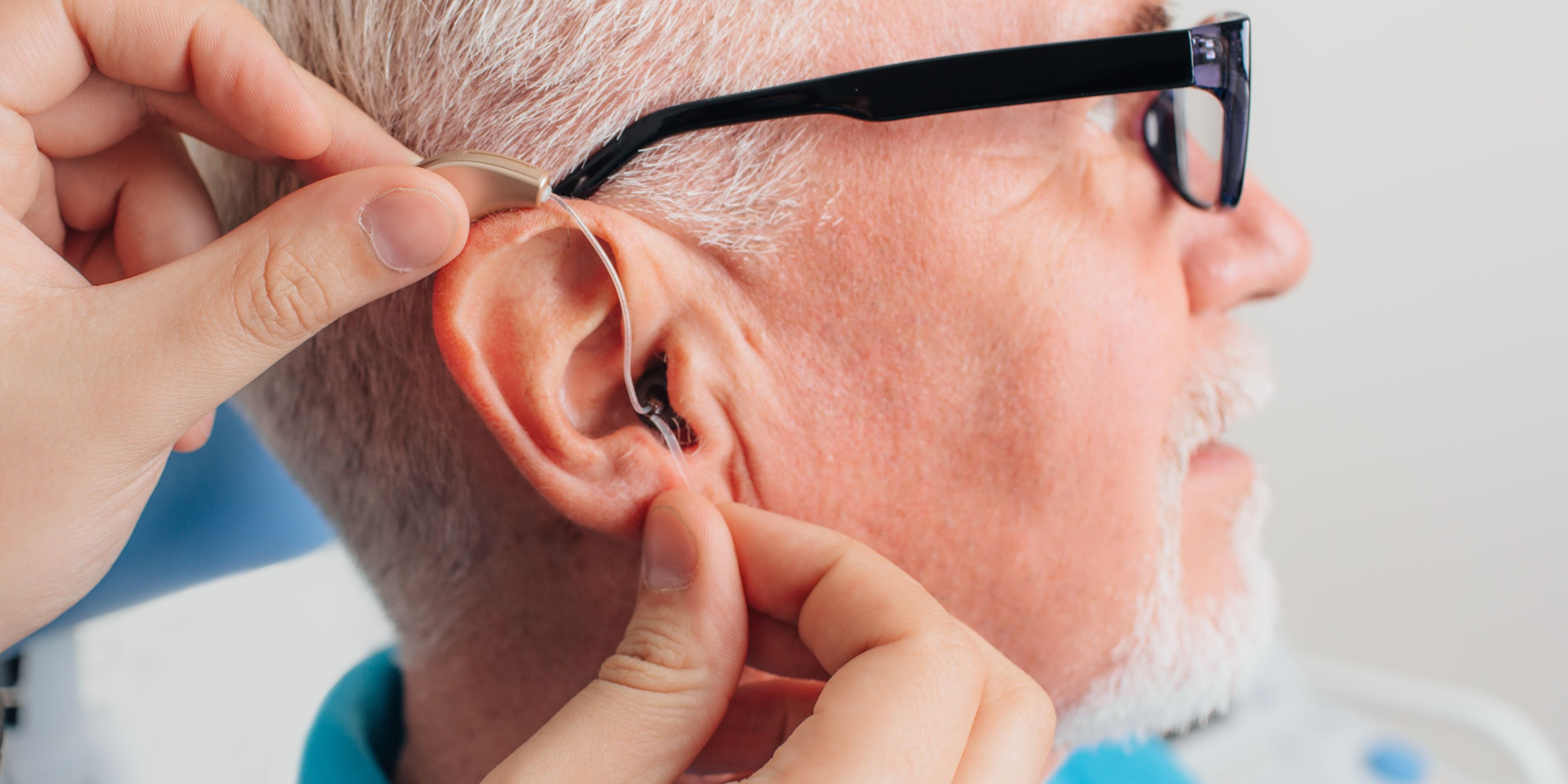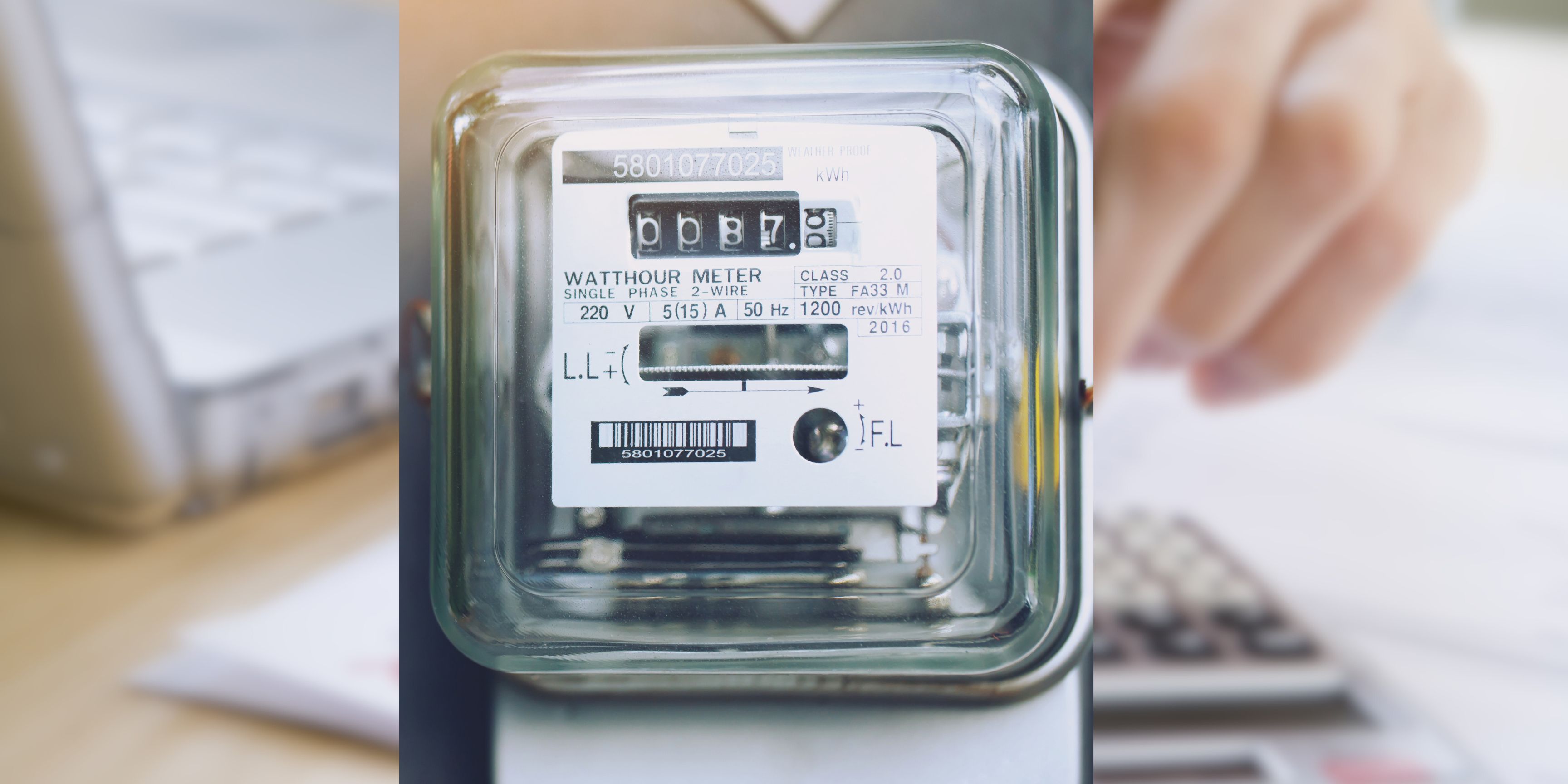Lurking within these seemingly innocent fragrances is a hidden menace that could be poisoning your health, the health of families, pets, and even unborn children.
Many people don’t even think twice about using a chemical air freshener. They plug it in and enjoy scents like “Summer Breeze,” “Autumn Spice,” or “Cleansing Rain,” thinking it's a harmless way to freshen their homes. But lurking within these seemingly innocent fragrances is a hidden menace that could be poisoning their health, the health of their families, pets, and even unborn children.
The residual chemicals from these common deodorizing products are toxic and insidiously accumulate in the human body over time. The health consequences often go unnoticed until it’s too late, rarely being attributed to the air fresheners themselves.
During the 1990s, the air freshener industry exploded with the introduction of “plug-in” type devices. These used heat induction technology and special heat-activated scented gels to continuously release fragrance. They were hailed as cutting-edge home fragrance solutions.
Everyone thought they were so cool – the latest and greatest technology for scenting the home.
They were inexpensive and seemed a better alternative to aerosol sprays, which had been criticized in the previous decade for their destructive effects on the ozone layer. However, what appeared to be harmless was anything but.
When researchers closely examined these popular devices, they discovered an alarming number of toxic compounds. These chemicals are not just potentially harmful—they are a hidden danger, silently threatening the well-being of anyone exposed to them.
Volatile Organic Compounds: The Hidden Dangers
Volatile Organic Compounds (VOCs) are a sinister ingredient lurking in many plug-in air fresheners. These compounds have a low boiling point, transforming into vapor or gas at room temperature. While this property makes them ideal for dispersing scents, it also makes them incredibly dangerous.
Exposure to VOCs has been linked to a higher risk of asthma, particularly in children. A common VOC found in air fresheners is 1,4-Dichlorobenzene, a chemical detected in the blood of 96% of Americans. This substance is a known carcinogen, associated with lung damage and classified by the EPA as a registered pesticide.
1,4-Dichlorobenzene works by attacking the receptors in the nose, effectively eliminating the sense of smell. This is why air fresheners seem to "freshen" a room—their makers are actually destroying their customers' sense of smell. The chemical damages the mucous membrane, and although this damage is claimed to be temporary, there have been no long-term studies to assess the effects of chronic exposure.
The consequences are even more dire for pets. Dichlorobenzene has been responsible for the deaths of many pet birds, which often die shortly after exposure to air fresheners. The chemical’s lethality to birds highlights its toxic nature, as it is a primary ingredient in the infamous pesticide DDT and its derivatives, DDD and DDE.
Exposure to these chemicals can lead to severe, lasting health issues. Inhaling them is far more dangerous than ingesting the same amount, posing a grave risk to anyone who uses these products regularly. The seemingly benign act of plugging in an air freshener can thus unleash a cascade of health horrors, silently threatening everyone in the household.
Danger #2 - For Pregnant Women, Infants and Seniors
Formaldehyde: The Lurking Carcinogen
Formaldehyde is a notorious human carcinogen. This colorless, flammable chemical is frequently used in building materials and various household products, including permanent-press fabrics, plywood, glues, particleboard, and air fresheners.
Formaldehyde exposure has been definitively linked to throat and nose cancer. It also causes chronic irritation of the airways and throat, potentially leading to dangerous infections, asthma, frequent nosebleeds, and other severe respiratory problems, according to the U.S. government's National Toxicology Program.
The risks are even more pronounced for infants, the elderly, and individuals with compromised immune systems.
A 2013 study published in the International Journal of Public Health revealed a disturbing connection: pregnant women who used air fresheners were significantly more likely to have babies suffering from wheezing and lung infections.
The presence of formaldehyde in air fresheners turns a seemingly innocuous product into a hidden risk, endangering the health of everyone in the household, especially the most vulnerable.
Naphthalene: The Silent Threat
Adding to the dangers posed by formaldehyde, most major plug-in air freshener brands also contain a chemical called naphthalene.
Lab studies on rats have demonstrated that naphthalene can cause lung cancer and tissue damage. While research is ongoing, experts strongly suspect that naphthalene has similar harmful effects on humans.
The presence of naphthalene in air fresheners turns these products into a ticking time bomb, silently jeopardizing the health of those who use them.
Danger #3 - Reproductive Issues, Possible Liver & Kidney Issues
Phthalates: A Hidden Hazard
One of the most alarming concerns with air fresheners is the presence of phthalates. The Natural Resources Defense Council (NRDC) tested 14 different air fresheners and found that 86% contained these chemicals, which can cause birth defects, hormonal abnormalities, and reproductive problems.
The NRDC stated that "most phthalates are well known to interfere with the production of the male hormone testosterone, and have been associated with reproductive abnormalities." Phthalates are also listed in California's catalog of toxic substances known to cause birth defects or reproductive harm. The NRDC further warned that airborne phthalates can trigger allergic symptoms and asthma, even in trace amounts.
Shockingly, this includes air fresheners marketed as "unscented" or "all-natural." These labels do not protect consumers from the hazardous chemicals lurking within.
A 2003 study published in Environmental Health Perspectives suggested that environmental levels of phthalates are linked to altered DNA integrity in human sperm. This research involved 168 males from the Massachusetts General Hospital Andrology Laboratory, who provided urine and semen samples. The findings indicated that those with phthalates in their urine exhibited DNA damage in their sperm.
The risks of phthalates extend beyond reproductive health. Preliminary studies suggest links to kidney and liver toxicity, as well as cancer. While research is ongoing, these early findings indicate that phthalates present a genuine and serious health concern for humans.
Occasional Use Still Poses Significant Risks
You might think that using air fresheners occasionally won’t cause much harm, but a 2006 study revealed that exposure as little as once a week can increase the risk of developing asthma by as much as 71% and contribute to higher rates of pulmonary disease.
The researchers also found that individuals with high blood levels of the chemical 1,4-Dichlorobenzene were more likely to experience declining lung function.
No Safety Regulations
Contrary to popular belief, these products do not undergo rigorous safety testing before being sold. The air freshener industry is self-regulated, which means there is virtually no regulation at all. Chemical companies do not need any permission from an authoritative body to market their air fresheners.
For instance, it took months before the FDA warned Clarcon Biological Chemistry Laboratory that their so-called antibacterial products contained live bacteria. Although their “antibacterial” hand sanitizer was eventually recalled, it only happened after public awareness and PR issues arose. The recall was voluntary, meaning the FDA did not take any action against Clarcon. According to the FDA, several samples of Clarcon’s over-the-counter topical antimicrobial skin sanitizer and skin protectant products were found to have high levels of various bacteria, including those linked to unsanitary conditions. Some bacteria could potentially cause severe infections requiring surgical or medical intervention, and could even result in permanent damage.
Homemade Air Freshener Alternatives
If you haven’t done so already, it’s time to get rid of those plug-in air fresheners immediately.
For those who have pets or other sources of household odors, using air fresheners might seem necessary. However, you don’t have to rely on toxic store-bought products. There are numerous excellent homemade alternatives that are safe and effective.
Baking Soda Air Freshener: A Natural Alternative
Baking soda has countless uses around the house, but it's particularly effective as an odor absorber. This makes it an ideal natural alternative to chemical air fresheners.
Ingredients:
- Baking soda
- Your favorite essential oils
- A small glass jar with a vented lid (a half-pint mason jar with a piece of construction paper with a few holes can work as a lid)
Instructions:
1. Fill the jar with baking soda.
2. Add the essential oils, using 6 drops per tablespoon of baking soda.
3. Place the jar in the room you want to freshen and deodorize. You might want to make several of these and strategically place them throughout your home.
4. When the baking soda begins to harden or gets clumpy, it indicates that it has absorbed moisture and is no longer effective at neutralizing odors. Replace it as needed.
Essential Oil Diffuser
An essential oil diffuser is another great natural alternative to chemical air fresheners. Simply add water and a few drops of your favorite essential oils to the diffuser, and it will disperse a pleasant scent throughout your home. This method not only freshens the air but can also provide therapeutic benefits depending on the oils you choose.
Essential Oil Diffuser: A Natural Way to Scent Your Home
An essential oil diffuser lets you naturally scent your home with any essential oil you choose. It’s both convenient and inexpensive.
A diffuser works by dispersing essential oil molecules into the air, allowing them to evaporate and circulate their scent throughout your environment. When these molecules are inhaled, they come into contact with your nerves and are sent directly to your brain, offering various benefits to your emotional and physical health in addition to scenting the room.
With just a few drops of essential oil, you can completely transform the atmosphere of a room in minutes. Unlike chemical air fresheners, essential oils do not have harmful side effects. Some oils can purify the air, repel insects, improve sleep quality, and much more.
The benefits are practically endless. Tell us in the comments what you use.










